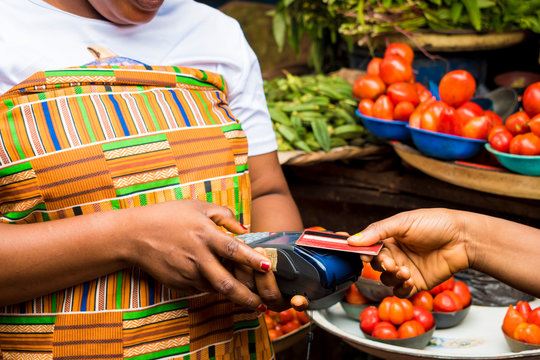Are Fintechs The Key To Financial Inclusion In Nigeria?

Fintech companies in Nigeria are rapidly growing. In Q1 last year, funding for African startups hit a new record, with approximately 89% of all funding allocated to fintech startups in the region.
Nigeria is one of many African countries working to make financial services accessible to everyone. As smartphone users grow and digital IDs become the norm – all eyes are on fintech startups to pave the way for financial inclusion in Nigeria.
Nigeria’s mission to achieve financial inclusion
A quick Google search will tell you that there are at least 150 fintech startups in Nigeria. One thing they all have in common is the shared mission to revolutionize the payment and lending services in the African region.
Many critics believe the sudden increase in fintech startups in the region isn’t leading to active change because all companies are working to solve the same dilemma.
Bank of Industry’s CEO, Olukayode Pitan, thinks otherwise. According to the CEO and Managing Director, African fintechs are needed more than ever to achieve true financial inclusion in Nigeria.
“The Central Bank of Nigeria, one of the things they want to do is ensure we have over 90% inclusion,” Pitan said in an interview with World Finance.
“Financial inclusion in Nigeria requires a lot of fintech. [So] BOI has been able to develop a platform that leverages technology, big data [and] biometrics.”
Bank of Industry (BOI) is Nigeria’s oldest and most successful financial institution. Over the past few years, the company has managed to finance over four million business ventures and create more than seven million jobs.
In 2015, the Nigerian government promised to make the country financially inclusive by 2020. However, approximately 65% of adults in sub-Saharan Africa remain unbanked seven years later and still need access to lending and banking services.
Funding Nigerian fintech startups
As the Nigerian government works to make financial services accessible for everyone, key stakeholders will be looking to fintech startups to help make this possible.

“We have designed a product to invest in fintech, putting $18m in our resources. It’s going to be a fintech fund of $75 million,” added Pitan, CEO of the Bank of Industry.
In Q3 of 2022, African fintechs were hit hard by FTX crashes and the unexpected downturn of crypto. Many were forced to downsize their workforces due to a lack of funding from investors.
However, trend reports show that Nigeria’s fintech space is expected to grow by 8x, hitting a total of $30 billion by 2025.
As technology improves and smartphone users grow, Africa may see more investors enter the fintech space.



